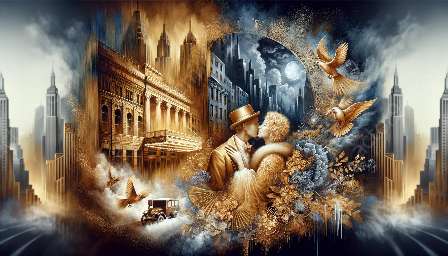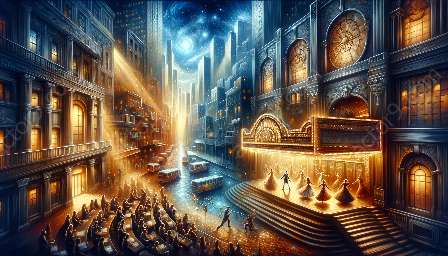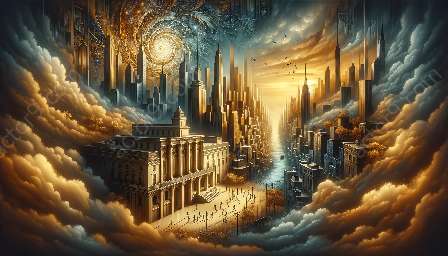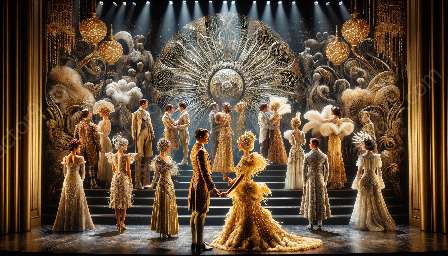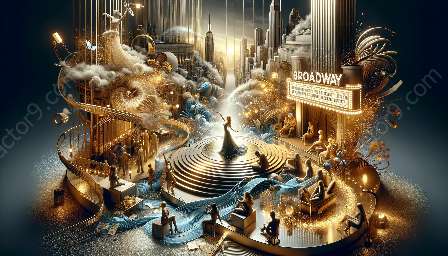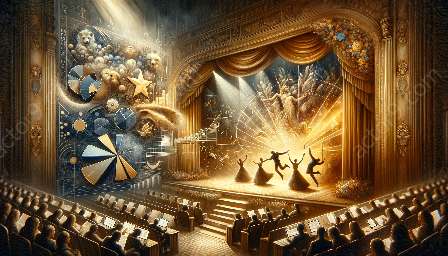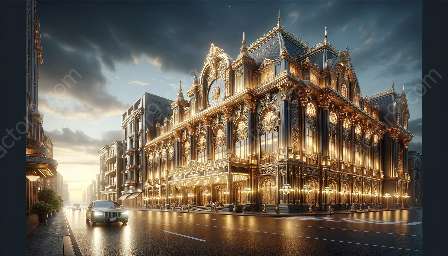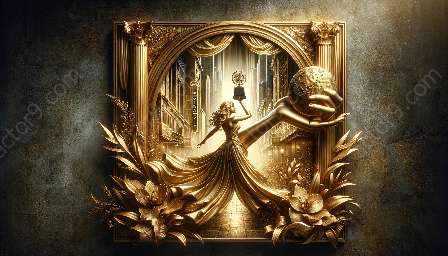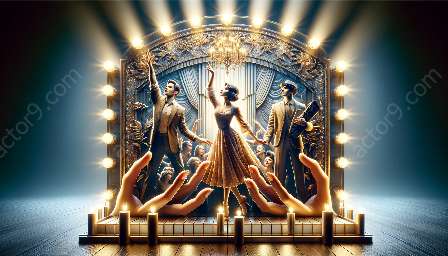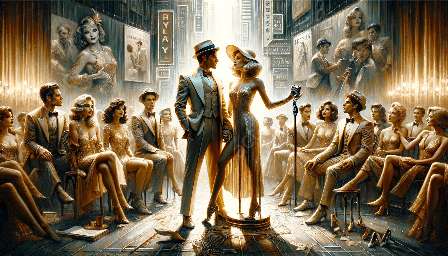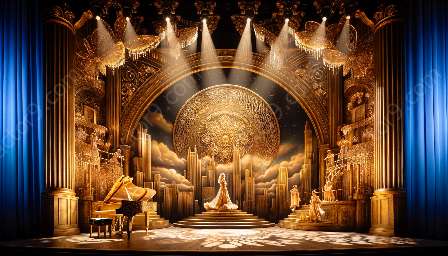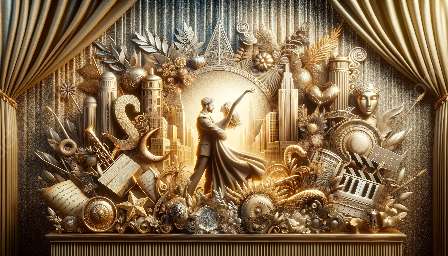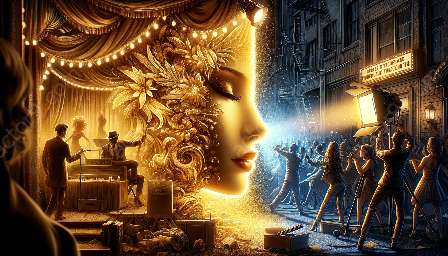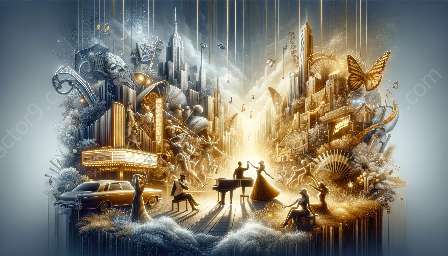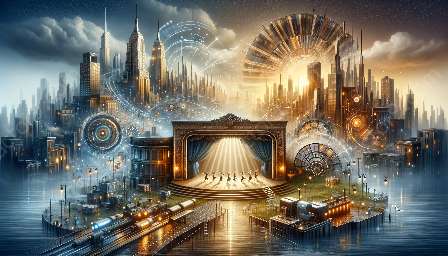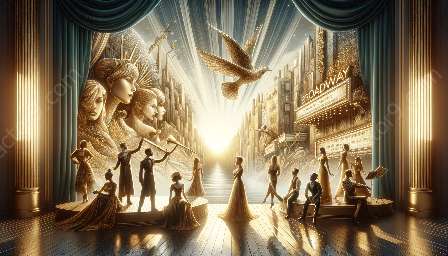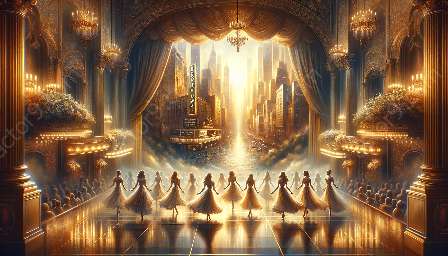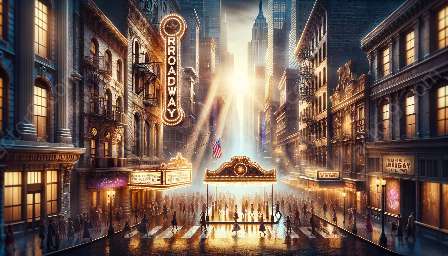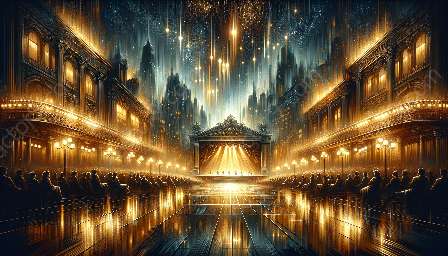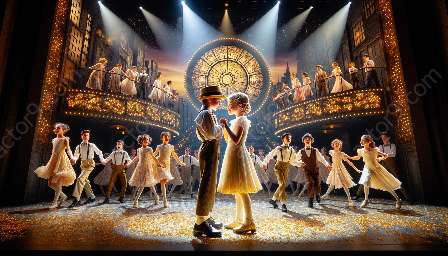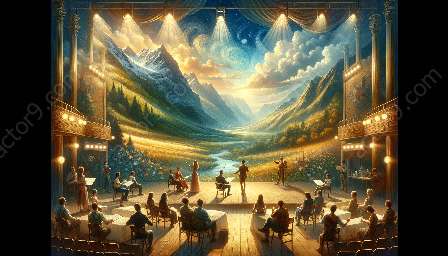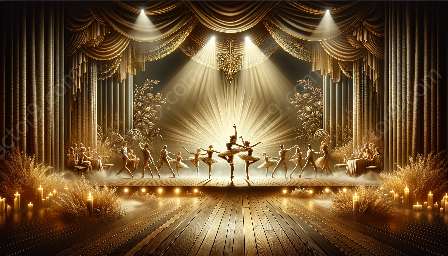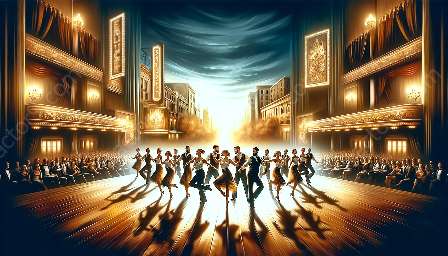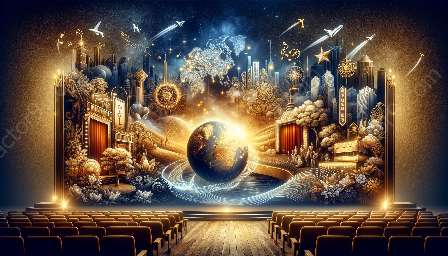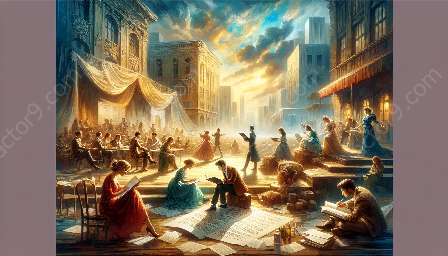The Golden Age of Broadway was a revolutionary era in the evolution of musical theater, marking a pivotal period of creativity and innovation. This period, commonly considered to have taken place between the 1940s and 1960s, saw the production of iconic musicals that continue to influence and shape the genre. The evolution of musical theater during this time was characterized by several significant developments, including the integration of music, dance, and storytelling, the emergence of legendary composers and lyricists, and a shift in societal attitudes towards the performing arts.
Integration of Music, Dance, and Storytelling
One of the defining features of the Golden Age of Broadway was the seamless integration of music, dance, and storytelling in musical theater productions. This period saw a departure from traditional musical comedy formats and the rise of more complex and emotionally nuanced narratives. Composers and lyricists began to explore new ways of using music and lyrics to advance the plot and develop the characters, resulting in a deeper, more immersive experience for audiences.
Legendary Composers and Lyricists
The Golden Age of Broadway also witnessed the emergence of legendary composers and lyricists whose contributions continue to shape the musical theater genre. Creators such as Richard Rodgers and Oscar Hammerstein II, Jerome Kern, Irving Berlin, and Cole Porter brought a new level of sophistication and depth to musical compositions. Their innovative approaches to music and storytelling set the stage for the development of the modern musical theater repertoire.
Societal Attitudes and Influence
During the Golden Age of Broadway, societal attitudes towards the performing arts began to shift, leading to a greater appreciation for musical theater as a legitimate art form. This changing perspective was reflective of a broader cultural awakening, as audiences increasingly embraced the emotional depth and artistic merit of musical theater productions. The genre's ability to address social issues and convey universal themes resonated with audiences, cementing its significance in the realm of entertainment.
As the Golden Age of Broadway unfolded, musical theater underwent a transformative evolution that laid the groundwork for the diverse and dynamic productions that continue to captivate audiences today. The integration of music, dance, and storytelling, the contributions of legendary composers and lyricists, and the evolving societal attitudes towards the performing arts collectively propelled the genre to new heights, shaping the future of Broadway and musical theater.


